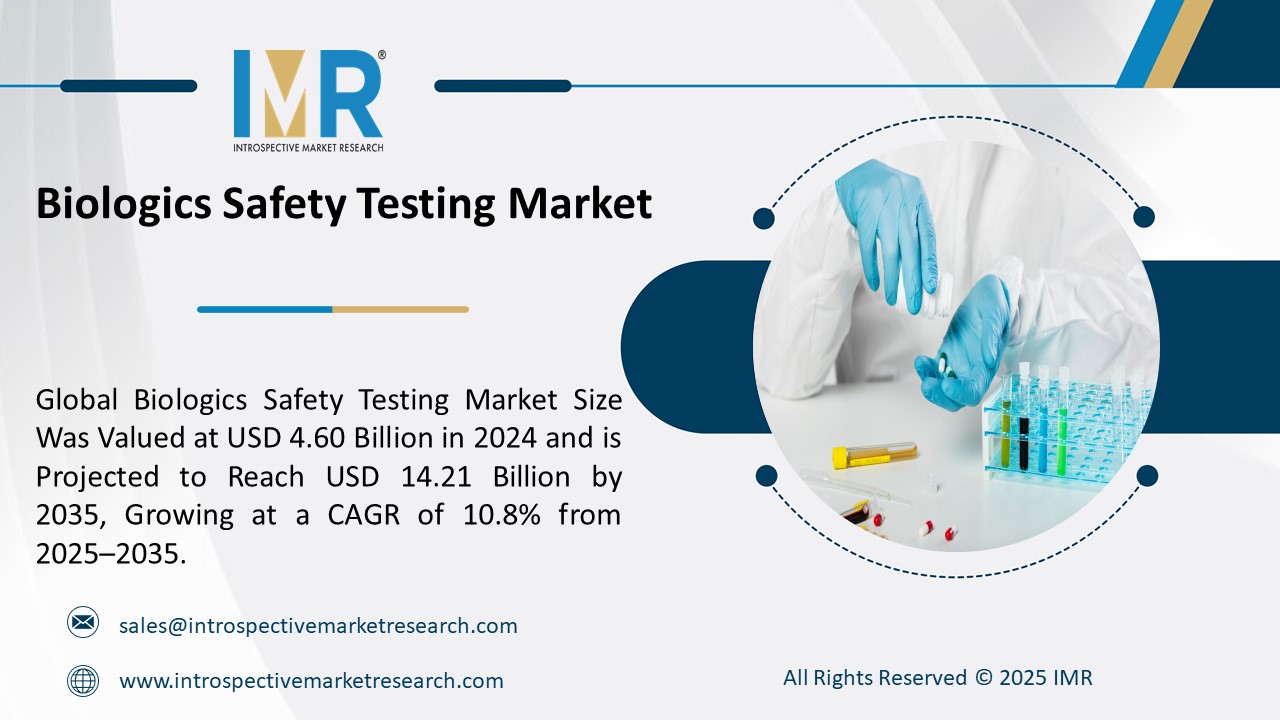Market Overview:
Meat Speciation Testing Market Size Was Valued at USD 2.05 Billion in 2022 and is Projected to Reach USD 3.47 Billion by 2030, Growing at a CAGR of 6.8 % From 2023-2030.
Meat speciation testing is the identification of animal species and is carried out for a variety of reasons safety, economic, and ethnic. Meat speciation is performed for both cooked and raw meat products. Claims that are produced by-product labels are confirmed by the meat speciation testing systems so that the reliability of meat and meat products is checked, hence ensuring the safety of the consumers. The growing amount of meat consumers over the world coupled with the contemporary scandals occurring from the mislabeling of meat products has raised the demand for meat speciation testing. Meat is one of the highly utilized foodstuffs worldwide. Furthermore, the launching of the latest and innovative products within the meat food category, ensuring the food is of the highest quality has become of extreme importance.
Top Key Players Covered In The Meat Speciation Testing Market:
- Romer Labs Division Holding GmbH (Austria)
- VWR International LLC (U.S.)
- SGS SA (Switzerland)
- Eurofins Scientific SE (Luxemburg)
- Intertek Group PLC (UK)
- ALS Limited (Australia)
- Bio-Check Ltd (UK)
- LGC Ltd. (UK)
- Neogen Corporation (U.S.)
- LGC Science Group Ltd. (U.K.)
- Scientific Analysis Laboratories (U.K.)
- Genetic ID NA Inc. (U.S.)
- International Laboratory Services Ltd. (U.K.)
- AB Sciex LLC (U.S.)
- SYNLAB (Germany)
- Genius Laboratories Ltd. (U.K.) and Other Major Players.
Market Dynamics and Factors:
The growth of the Meat Speciation Testing market is turned by its rising in several food duplicity cases and growing infection among consumers, compliance with labeling laws, religious beliefs and stringent rules & regulations, and buyer demand for certified foodstuffs. Global food examining and food testing bodies such as the Food and Drug Administration (FDA) and the Food Standard Agency (FSA) are putting efforts to seize the adulteration activities in meat products. These agencies rely on the previously mentioned meat speciation tests to separate the meat composition. These government bodies are generally supported with heavy investment and investments to tackle the issue of adulteration in food and evidently, a massive share of this capital is allotted for meat speciation testing thereby, improving the meat speciation market growth.
The trend determined in the global meat speciation testing market is collaborations and acquisitions between processed meat producers and contract research organizations. The company manufacturing meat speciation testing products has a lucrative opportunity in regions such as North America, Europe, and the Asia Pacific, attributed to rising health concerns among a large number of individuals.
The Meat Speciation Testing Market Report Highlight:
- By Species, the swine (Sus Scrofa) segment is anticipated to hold maximum Meat Speciation Testing market share during the forecast period among all the segments among species in the meat speciation market as the growth in several adulterations of swine meat with chicken meat and horse meat has managed to an inclination for increased quality control for meat products.
- By Technology, Polymerase Chain Reaction (PCR) is anticipated to record the highest Meat Speciation Testing market share during the forecast period. Maximum expansion in the adoption of this technology for meat speciation testing can be attributed to drawbacks of the ELISA (enzyme-linked immunosorbent assay) technology
- By Form, the raw segment is expected to reach the highest Meat specification testing market share across the projected period. This is attributable to the fact that the domestic utilization of meat as well as the meat trade in raw form is very high, owing to which the testing of meat in raw form is also the largest as well as the fastest-increasing.
- By Region, The North American region is anticipated to have the highest share of the Meat Speciation Testing market over the forecasted period attributed to the growing consumer awareness about food waste. Every year, the United States discards almost 40 million tonnes of food or 219 pounds of trash per person
Key Industry Development:
In April 2023, Bio-Rad Laboratories introduced the ID-Check Speciation Solution, offering a real-time PCR method for swift and accurate detection of specific meat species in food, feed, and environmental samples. These kits, designed for general laboratory and research use, focus on mitochondrial DNA to identify species like bovine, chicken, duck, goat, horse, sheep, swine, and turkey. This solution enhances traceability, ensures raw material authenticity, and validates production line cleanliness. Elevate your quality control with Bio-Rad's ID-Check Speciation kits.
The Meat Speciation Testing Market Segmentation:
By Species
- Cow (Bos Taurus)
- Swine (Sus Scrofa)
- Chicken (Gallus Gallus)
- Horse (Equus Caballus)
- Sheep (Ovis Aries)
- Others
By Technology
- Polymerase Chain Reaction (PCR)
- Enzyme-linked immunosorbent Assay (ELISA)
- Molecular-Diagnostic Tests (LC-MS/MS)
By Form
- Raw
- Cooked
- Processed
For this report, Introspective Market Research has segmented the Meat Speciation Testing Market based on region:
Regional Outlook (Revenue in USD Million; Volume in Units, 2023-2030)
North America
- The U.S.
- Canada
- Mexico
Eastern Europe
- Russia
- Bulgaria
- The Czech Republic
- Hungary
- Poland
- Romania
- Rest of Eastern Europe
Western Europe
- Germany
- UK
- France
- Netherlands
- Italy
- Spain
- Rest of Western Europe
Asia Pacific
- China
- India
- Japan
- Singapore
- Australia
- New-Zealand
- Rest of APAC
Middle East & Africa
- Turkey
- Saudi Arabia
- Qatar
- UAE
- Israel
- South Africa
South America
- Brazil
- Argentina
- Rest of SA






